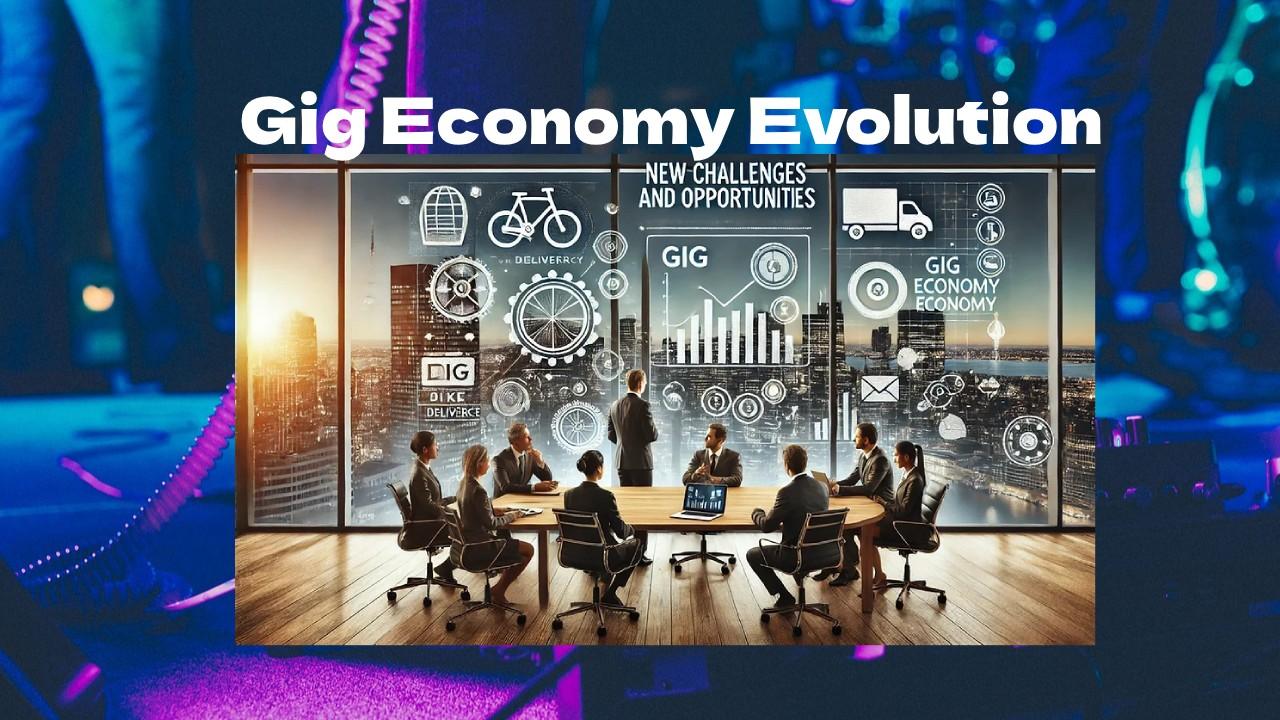Global Election Results 2024–2025: A Comprehensive Overview
The Election Results 2024-2025 have been eventful in the global political landscape, with major elections reshaping leadership in key regions worldwide. From dramatic presidential contests to state-level shifts, here’s a detailed look at significant election outcomes during this period.
United States – 2024 Presidential Election
In one of the most closely watched elections in recent history, Donald Trump won a second non-consecutive term as President of the United States in November 2024. Running as the Republican nominee, he defeated Vice President Kamala Harris, who was the Democratic candidate. Trump’s victory came with a notable win in both the Electoral College and the popular vote. The Republican Party also regained control of both the House of Representatives and the Senate, marking a significant shift in Washington’s political landscape.
In 2025, the political focus has turned to state-level races and upcoming gubernatorial elections, particularly in New Jersey, where Jack Ciattarelli won the Republican primary and Mikie Sherrill emerged as the Democratic nominee. The general election in New Jersey is expected to be highly competitive.
India – Delhi Assembly Election 2025
In early 2025, the Delhi Assembly elections brought a major change in leadership. The Bharatiya Janata Party (BJP) secured a clear majority, winning 48 out of 70 seats, ending the decade-long rule of the Aam Aadmi Party (AAP). Arvind Kejriwal’s AAP was reduced to 22 seats. BJP leader Rekha Gupta was sworn in as the Chief Minister, becoming the first woman to hold the position in Delhi.
South Korea – Presidential Election 2025
South Korea held its presidential election in June 2025. Lee Jae-myung of the Democratic Party won a decisive victory over conservative opponent Kim Moon-soo of the People Power Party. Lee’s platform focused on economic reform, youth employment, and housing affordability. His victory was seen as a return to progressive leadership amid growing concerns about social inequality and housing prices.
Australia – Federal Election 2025
Australia’s federal election, held in May 2025, resulted in a major victory for the ruling Labor Party, led by Prime Minister Anthony Albanese. Labor secured 94 seats in the House of Representatives—its strongest performance in decades. The Liberal–National Coalition suffered a historic defeat, marking a significant political realignment. Albanese’s leadership was reaffirmed with widespread support across urban and regional areas.
Poland – Presidential Election 2025
Poland’s presidential runoff in mid-2025 ended with a narrow victory for conservative candidate Karol Nawrocki, who edged out centrist Rafal Trzaskowski with just over 50% of the vote. The election result triggered political uncertainty, including a motion of no confidence against Prime Minister Donald Tusk’s pro-European coalition government, though the coalition vowed to remain intact.
Germany – Federal Election 2025
Germany’s federal election in early 2025 saw the center-right Christian Democratic Union (CDU/CSU) lead in constituency seats, while the far-right Alternative for Germany (AfD) made substantial gains, particularly in eastern states. AfD’s rise has fueled debate about the political future of Germany and the European Union, with many calling for renewed efforts to combat extremism.
Tasmania – No-Confidence Vote 2025
In a dramatic state-level development in Australia, the government of Tasmania faced a successful no-confidence vote in June 2025. The outcome may prompt a snap election, with political uncertainty looming over the island state. The Premier described the result as a disappointing moment for Tasmanian democracy.
Conclusion
The Election Results 2024-2025 electoral cycle has brought significant political shifts across continents. From the return of Trump in the U.S. and the BJP’s resurgence in Delhi, to the rise of new leadership in South Korea and Australia, these elections reflect evolving public priorities and regional political dynamics. As global challenges like inflation, migration, and climate change persist, the leaders elected during this period will face heightened expectations and critical decisions that will shape the future of their nations.








